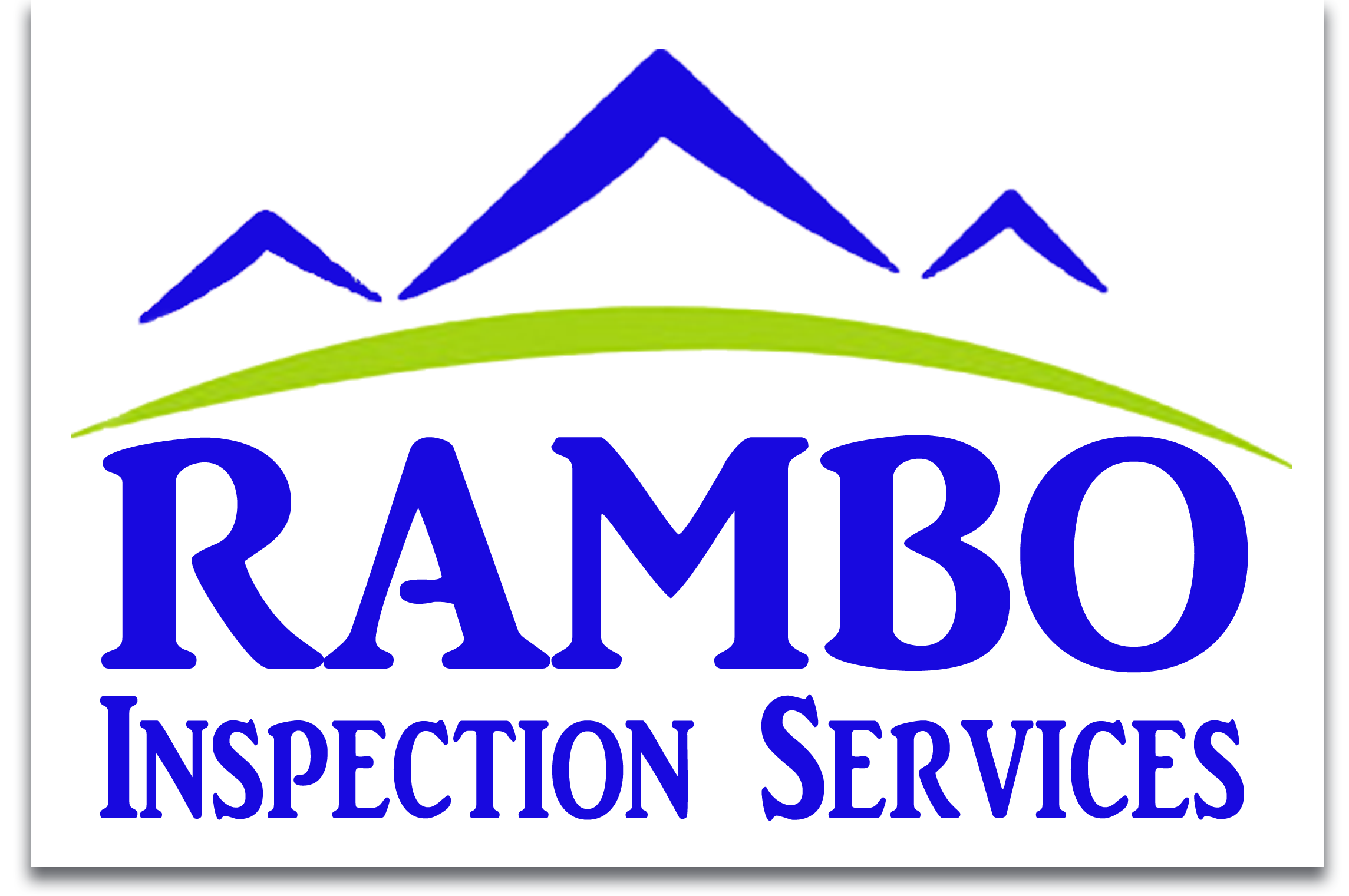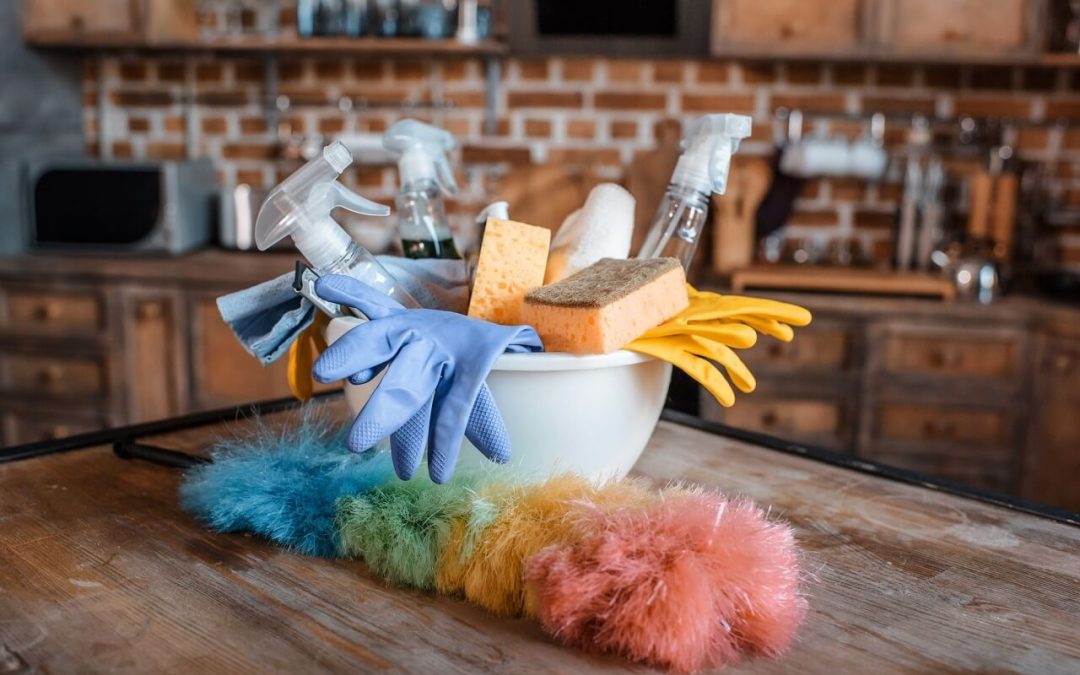In recent years, there’s been a growing trend towards sustainable living, with more individuals seeking to reduce their environmental impact. One area where you can make a significant difference is in how you clean your home. Commercial cleaning products often contain harsh chemicals that can harm our health and the environment. Creating eco-friendly homemade cleaning supplies using simple, natural ingredients is an excellent alternative. Here’s how you can get started.
Why Make Your Own Cleaning Supplies?
Health Benefits: Many store-bought cleaners contain synthetic chemicals that can trigger allergies, respiratory issues, and other health problems. Homemade cleaners often use natural ingredients, which are gentler on the body.
Environmental Impact: Making your own cleaning products reduces the demand for plastic packaging and harmful chemicals that can contaminate water and soil.
Cost-Effective: Homemade cleaning supplies can be significantly cheaper in the long run. Ingredients like vinegar, baking soda, and lemon are inexpensive and versatile.
Getting Started: Basic Ingredients
To begin making your own cleaning supplies, you need a few basic ingredients that serve multiple purposes in home cleaning:
- White vinegar: Great for removing odors, softening clothes, and as a general disinfectant.
- Baking soda: Useful for scrubbing tasks and removing tough stains.
- Lemon: Natural bleach, great for cutting through grease and adding a fresh scent.
- Essential oils: Optional but great for adding antibacterial properties and pleasant fragrances.
- Castile soap: A vegetable-based soap that is biodegradable and gentle on various surfaces.
Recipes for Homemade Cleaning Supplies
- All-Purpose Cleaner
- Ingredients: 1 part water, 1 part vinegar, a few drops of lemon juice, and a few drops of essential oils (like lavender or tea tree oil).
- Usage: Combine in a spray bottle and use it on countertops, furniture, and floors.
- Glass Cleaner
- Ingredients: 2 cups of water, 1/2 cup white or cider vinegar, 1/4 cup rubbing alcohol (70% concentration), and 1 to 2 drops of orange essential oil.
- Usage: Mix and pour into a spray bottle. Spray on glass surfaces and wipe clean with a soft cloth or newspaper.
- Scouring Paste
- Ingredients: Half a cup of baking soda, a few squirts of castile soap, and enough water to make a paste.
- Usage: Apply the paste to the surface, scrub with a brush or sponge, and rinse.
- Disinfectant
- Ingredients: 2 cups of water, two tablespoons of liquid soap, and 10-15 drops of tea tree oil.
- Usage: Combine in a spray bottle and use for bathroom fixtures and kitchen counters.
Tips for Success
- Label your products: Always label your homemade cleaners, noting the ingredients and date of creation.
- Patch test: Before using a new cleaner on a surface, do a patch test in an inconspicuous area to ensure it doesn’t cause damage.
- Storage: Store your homemade cleaning supplies in a cool, dry place away from direct sunlight.
Making cleaning supplies isn’t just a way to save money—it’s a meaningful step towards living a healthier, more sustainable life. Simple, natural ingredients can effectively clean your home while protecting the planet. Give it a try and see the difference for yourself!
FAQs About Homemade Cleaning Supplies
How long do homemade cleaning products last?
Most homemade cleaning products have a shelf life of about one month, but it’s best to make them in small batches to ensure freshness and effectiveness.
Can I use homemade cleaners in my dishwasher or washing machine?
Yes, you can use a mixture of vinegar and baking soda as a dishwasher cleaner and a washing machine cleaner to remove odors and residues.
What are the best containers to store homemade cleaning products?
Glass spray bottles are ideal as they don’t react with essential oils and help preserve the mixture longer than plastic containers.
Can homemade cleaning supplies effectively kill bacteria and viruses?
While ingredients like vinegar and tea tree oil have natural disinfectant properties, they are not registered disinfectants. For high-risk areas, you might want to use a commercial disinfectant.
Rambo Inspection Services offers home inspections to customers in the Chicagoland area. If you’re buying or selling a home, contact us to schedule our services.

